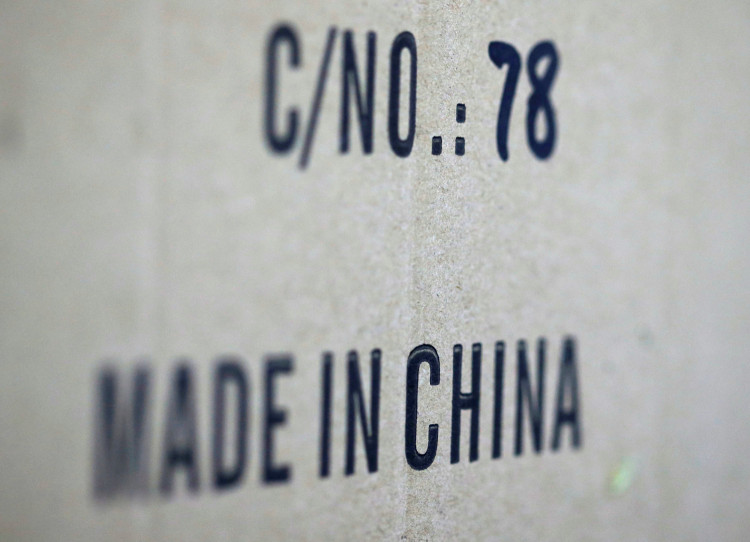Kentucky Governor Matt Bevin recently welcomes Chinese Ambassador to the United States Cui Tiankai to Frankfort. Despite the backdrop of the trade war between China and the United States, the two statesmen discussed possible economic partnership and trade deals between China and the United States.
The meeting was set despite the current international economic backdrop. China and the United States have been on a bitter trade war since early June. The U.S. have imposed heavy tariffs on Chinese goods, an action which China has promptly retaliated by imposing its own set of tariffs on various American goods.
Among the affected American goods expected to receive hefty tariffs are Kentucky whiskey and bourbon. The tariffs will take effect on Aug. 23.
Talking with local news outlet WLKY, Bevin said, "The two largest economies in the world are the United States and China." Bevin later added that he wants an economic partnership between the two countries to be strong and that the foundation of this partnership is on the individual level.
Despite the ongoing trade dispute between China and the U.S., Bevin iterated that he did not discuss the matter with the Chinese Ambassador. Instead, the governor said that the talks centered heavily on how to persuade Chinese companies to locate their production plants or offices in Kentucky. The governor also said that he wants these companies to hire local workers in order to help the state's local economy.
As for the Chinese ambassador, he said that bilateral cooperation that will stretch from the local county level up to the higher provincial levels. The ambassador adds that the Chinese people are familiar with the state because of the popularity of the Kentucky Fried Chicken (KFC) the first of which opened in Beijing more than 30 years ago.
The economic partnership between various Chinese companies and the state of Kentucky covers a lot of industries and products. China and Kentucky have been trading racehorses, manufactured goods, and farm products for many years. Hence, the urgency to develop a strong trade relationship between the two.
In order to entice Chinese companies, Bevin said that he will ease up various administrative hurdles and will cut red tape for businesses who plan to invest in the state. Bevin also highlighted the top-of-the-line transportation infrastructure in his state.
In closing, Bevin admitted that the current political climate in Washington is creating trade uncertainties between his state and China. Nevertheless, he promised to make amendments on the state level in order to entice and assure foreign investors who are planning to do business in his state.





